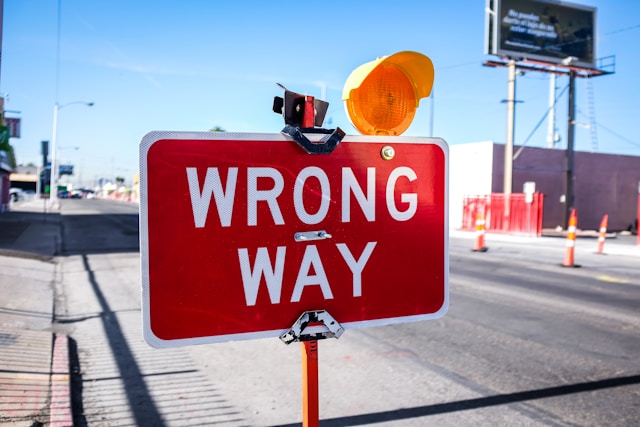If someone you know or you have been arrested, releasing them can greatly relieve a terrible situation. It would be helpful to understand how bail bonds function to help you navigate the process.
How do they work?
The bail system allows people charged with a crime to escape jail before trial. Bail amounts are set by a judge, who considers the crime’s severity, how likely the person is to flee, and other factors.
A person can pay their bail in cash or hire a bail bondsman to post a bond on their behalf. The bondsman will charge a fee, usually 10% or less of the total bond amount. In return, the bondsman will promise to make good on the defendant’s court appearance if they skip bail.
To avoid legal consequences, the accused must adhere to their bail conditions and fulfill all other legal obligations until their case is resolved. This will help them to remain out of jail, which is better for their career, family, and personal life.
How much do they cost?
The cost of bail bonds Harrisburg PA, known as the premium, is set by state law. Generally, it is 10% of the total bail amount but can vary. Payment for the bail is non-refundable and can only be made through cash or collateral, which the bondsman will hold onto until the case is resolved. It is recommended to use collateral when working with a bail agent.
It is far less expensive than paying the entire bail directly to the court. Defendants can resume work and care for their families while waiting to resolve their court cases. Staying behind bars can be disastrous for many people, especially those who are missing work or have children they must care for. Bail bonds can make all the difference in the world to help them escape jail and return to their lives. It also helps prevent them from being locked up for crimes that could have a long-lasting impact on their lives.
What are the options?
Bail is set to allow defendants to remain free during their trial. People may be more likely to show up for court if they know their relatives will face financial repercussions if they don’t attend. This belief may be a contributing factor. It is crucial to thoroughly comprehend your choices and collaborate with a criminal defense lawyer to make informed decisions.
If a person is accused of a crime, they have two options: paying the full bail amount in cash or seeking the assistance of a bondsman who will charge them an extra fee to pay the bail on their behalf. The latter option is called a surety bond. Some people use the property as collateral to secure their release from jail, but not all jurisdictions allow this type of bond. It is important to note that you must obtain permission from both the bondsman and the court to leave the state or country while on bond.
How do I get a bail bond?
The court sets bail for accused individuals. Defendants may pay their bail in cash or check (if the jail accepts it). Many defendants choose to hire a bail bond agency on behalf of themselves or behalf of loved ones. This helps them avoid putting up their cash or assets as collateral, and it also gives the bail bondsman peace of mind that the accused will show up for all their court proceedings.
When you post bail, the bail agent will charge you a small percentage of the bond amount as their fee and then put up the rest as a promise that they will make sure the accused attends all their scheduled court and legal appointments. They will usually require the accused to call in before their court date and check in with them periodically throughout the trial. If the accused fulfills their legal obligations, they can receive a refund for the money paid to the bail bond agency at the end of their trial.




